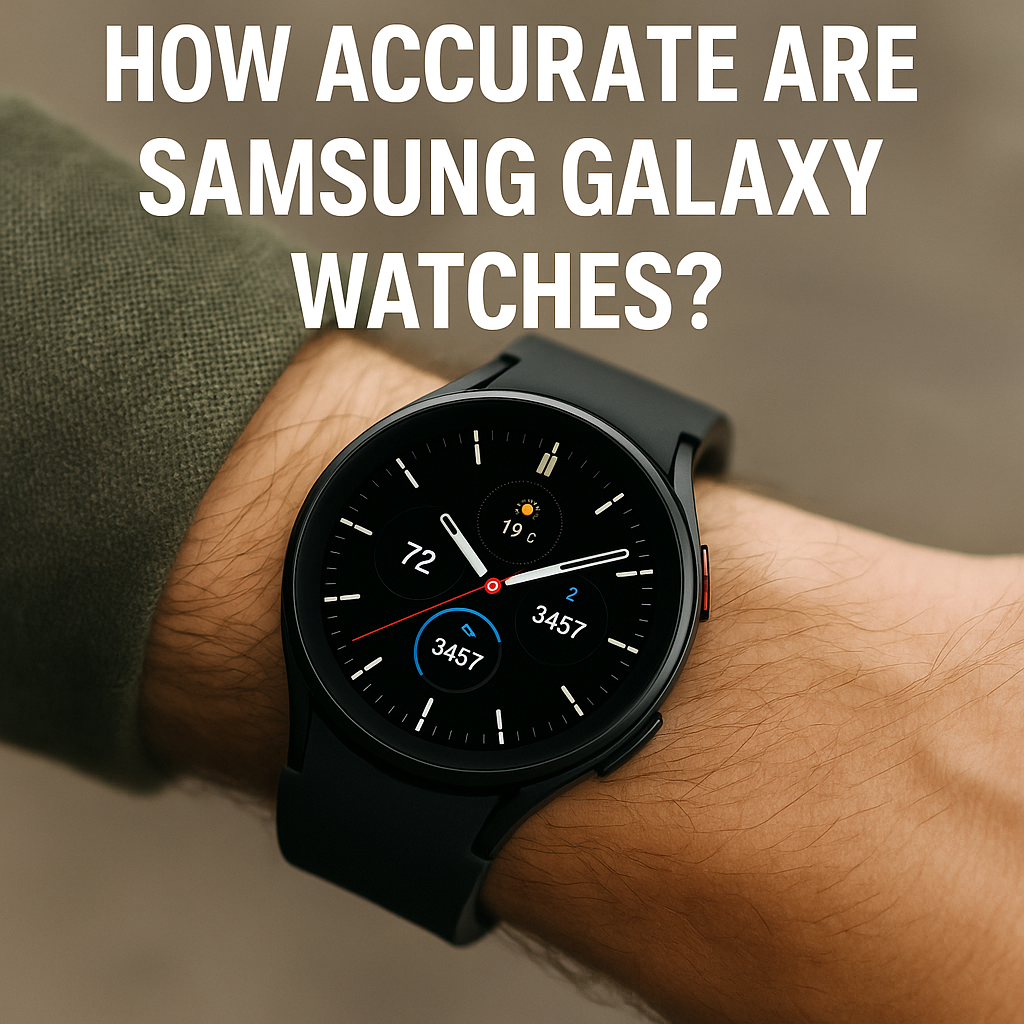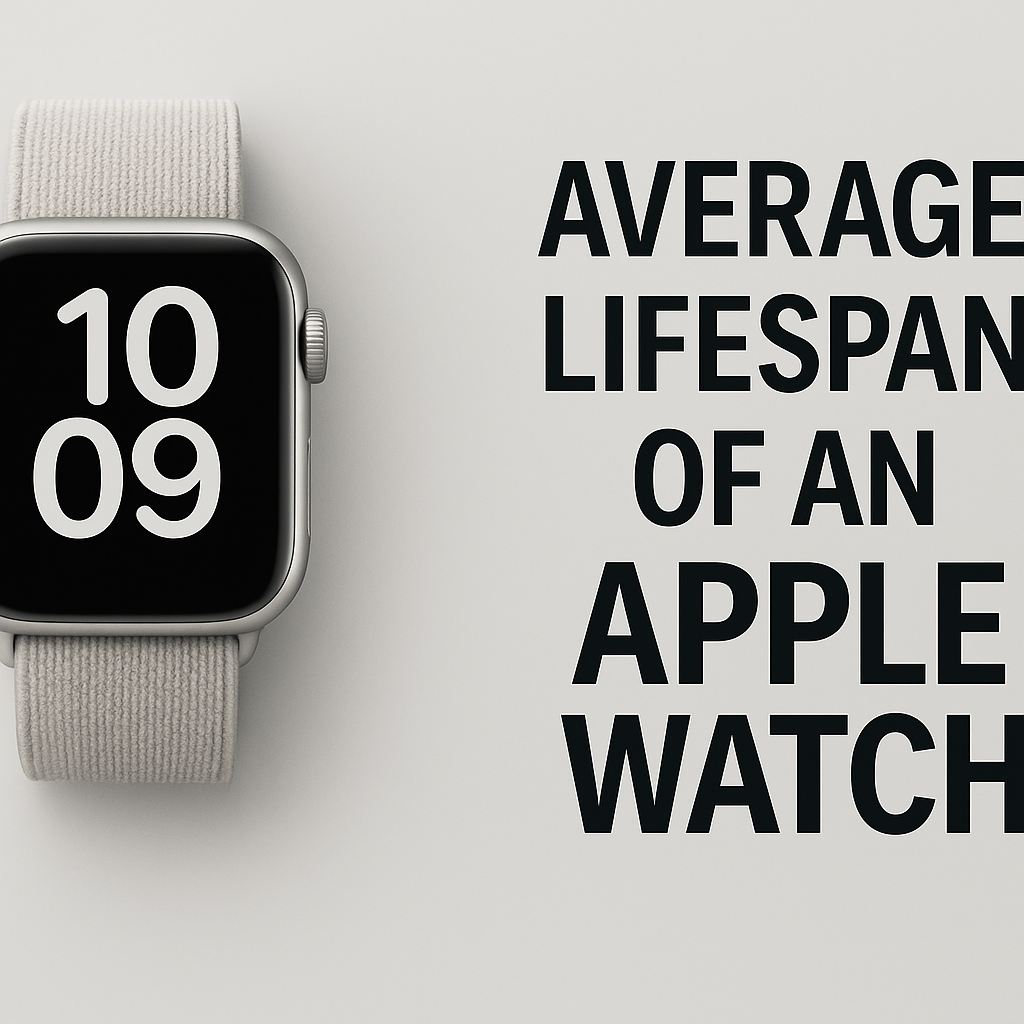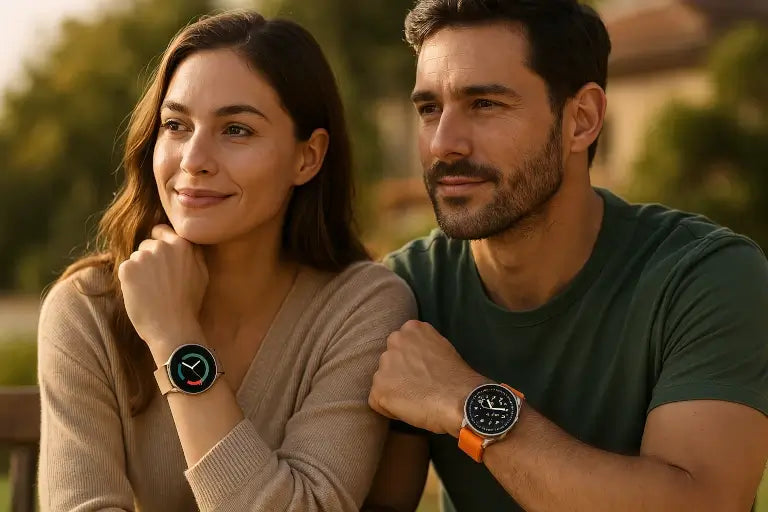How Accurate Are Samsung Galaxy Watches?
The latest Samsung Galaxy Watches, such as the Galaxy Watch 7 and Watch Ultra, deliver highly accurate health and activity tracking for daily use, though they’re not medical-grade devices. This guide explores their precision for UK users.
Starting at £289 (Watch 7), £599 (Ultra)
Advanced Technology in Galaxy Watch 7 & Ultra
Launched in July 2024, the Galaxy Watch 7 and Ultra feature the BioActive Sensor 2.0, integrating optical heart rate, ECG, and bioelectrical impedance analysis for reliable measurements. Customise your Watch 7 40mm or 44mm.
Heart Rate Monitor Accuracy
The continuous wrist-based heart rate monitor has a 5% error margin during normal use, per tests from tech sources like GSMArena. During intense workouts, accuracy may drop to a 10% deviation.
Comparison with Chest Straps
Chest straps are slightly more precise, with up to 8 beats per minute difference during high-intensity training. For daily use, the Galaxy Watch is sufficiently accurate.
Step Counting Accuracy
Using an accelerometer, the Watch 7 and Ultra achieve a 3% error margin, roughly 200 steps on a 10,000-step day, based on 2024 studies.
Factors Affecting Accuracy
- Wrist movement during driving
- Wearing on the non-dominant hand
- Short, jerky movements
Body Composition Accuracy
Bioelectrical impedance analysis measures body fat, muscle mass, and water percentage with a 4% error margin. Consistent timing improves accuracy.
Comparison with Professional Devices
| Metric | Galaxy Watch Ultra | DEXA Scan (Reference) |
|---|---|---|
| Body Fat Percentage | 21% | 20% |
| Muscle Mass | 32 kg | 33 kg |
| Water Percentage | 56% | 57% |
ECG Accuracy
The ECG function, EU-certified, detects atrial fibrillation (AFib) with over 95% accuracy in clinical studies. Enhance your Ultra.
Factors Reducing ECG Accuracy
- Arm movement during measurement
- Loose fit on the wrist
GPS and Location Accuracy
Dual-band GPS in the Watch 7 and Ultra offers 2-5 meter accuracy in urban areas and under 1 meter in open terrain, ideal for runners and hikers.
For Athletes and Walkers
Route distances are within 2% accuracy, with the Ultra excelling on complex paths compared to older models.
Sleep Tracking Accuracy
Combining heart rate, movement, and SpO2, sleep tracking achieves 90% accuracy for total sleep time, per 2023 studies. REM and deep sleep phases may vary by up to 20%.

Stress and Heart Rate Variability (HRV)
Stress monitoring via HRV provides indicative, non-diagnostic estimates of stress levels based on heart rate intervals.
Blood Oxygen (SpO2) Accuracy
Using red and infrared light, SpO2 measurements are reliable in rest (2% error margin) but less stable during movement.
When to Trust SpO2 Readings
- During sleep
- At rest during the day
Frequently Asked Questions
Can I Use My Galaxy Watch for Medical Diagnoses?
No, measurements are indicative and not a substitute for medical advice.
How Often Should I Calibrate My Watch?
Calibrate blood pressure every four weeks using a traditional cuff for best results.
How Can I Improve Measurement Accuracy?
Wear the watch snugly, measure at consistent times, and avoid movement during readings.
Is the Galaxy Watch Accurate Enough for Elite Athletes?
Suitable for daily sports, but chest straps or medical devices are better for professional use.
Conclusion
The Samsung Galaxy Watch 7 and Ultra offer impressive accuracy for heart rate, steps, body composition, ECG, GPS, and sleep tracking, with minimal deviations for daily use. While not medical-grade, they’re excellent for UK fitness enthusiasts. Personalise with our Samsung chargers, all with free UK delivery.




Dejar un comentario
Todos los comentarios se revisan antes de su publicación.
Este sitio está protegido por hCaptcha y se aplican la Política de privacidad de hCaptcha y los Términos del servicio.